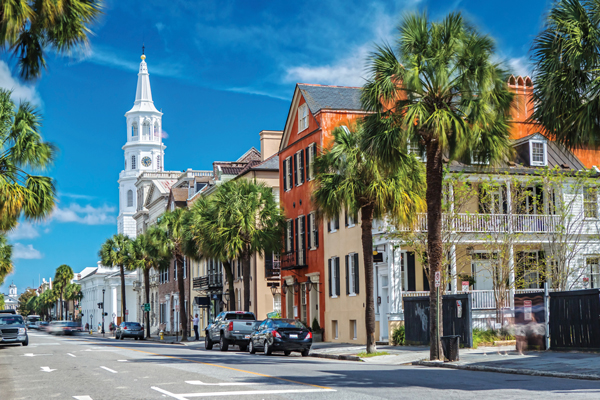Some people dream of retiring to new and unfamiliar places, while others stay put in those spots they know and love, whether or not such places are affordable on a fixed income. That’s a choice that comes with consequences, warns personal finance website Bankrate.
“Where to live is probably one of the most personal decisions one can make, because it’s not just about preferences, it’s also about the financial considerations that are associated with it,” says Mark Hamrick, senior economic analyst at Bankrate.
According to a 2018 survey by the Transamerica Center for Retirement Studies, almost four in 10 retirees (38%) say they’ve moved at least once since leaving work. However, the survey found that when choosing where to live in retirement, respondents say they value proximity to family and friends, affordable cost of living, access to excellent health care and hospitals, good weather and a low crime rate.
Bankrate says that according to Fidelity Investments, a typical couple who retire this year at age 65 are estimated to need $285,000 in today’s dollars for medical expenses in retirement. Rising health-care costs are making that estimate a difficult expense for many retirees to meet, depending on where they choose to retire. And with most employers no longer offering a pension to new hires, increasing numbers of retirees are struggling to make ends meet on what they have saved or invested for retirement.
Choosing to stay or relocate to a state that stretches financial resources to their limit could make retirement unaffordable, rather than a long-planned dream come true.
Here, working backward to the worst, are Bankrate’s top 10 worst states to retire.
10. South Carolina
Pastel-colored houses and subtropical beaches beckon retirees to historic South Carolina, but they should think twice before moving there. The Palmetto State ranked 50th for wellness and 45th for crime, earning an overall rank of 41st.









